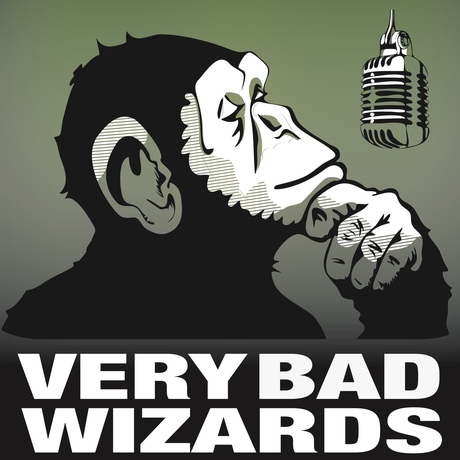
Episode 210: The Priming of the American Mind (with Jesse Singal)
Very Bad WizardsJournalist, podcaster, and rapper Jesse Singal joins us to talk about his new book The Quick Fix, positive psychology (scam?), cancel culture in the media and academia (overblown?), Substack incentives, and lots more. Plus David and Tamler argue about the epistemology of ghosts. Special Guest: Jesse Singal. Sponsored By: BetterHelp: You deserve to be happy. BetterHelp online counseling is there for you. Connect with your professional counselor in a safe and private online environment. Our listeners get 10% off the first month by visiting Betterhelp.com/vbw. Promo Code: VBW Support Very Bad Wizards Links: Break Music The Quick Fix by Jesse Singal Blocked and Reported (with Katie Herzog and Jesse Singal)
0
(-)
Rate this episode:
Episode mentions
People mentions
Transcript
To see the rest of the transcript, you must sign in